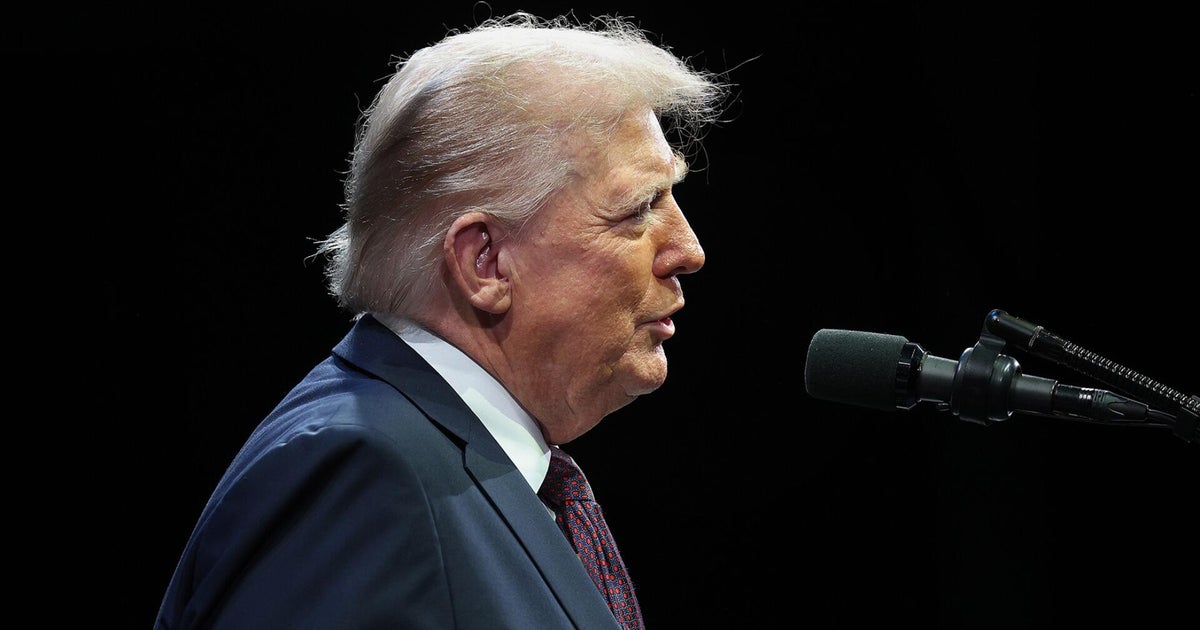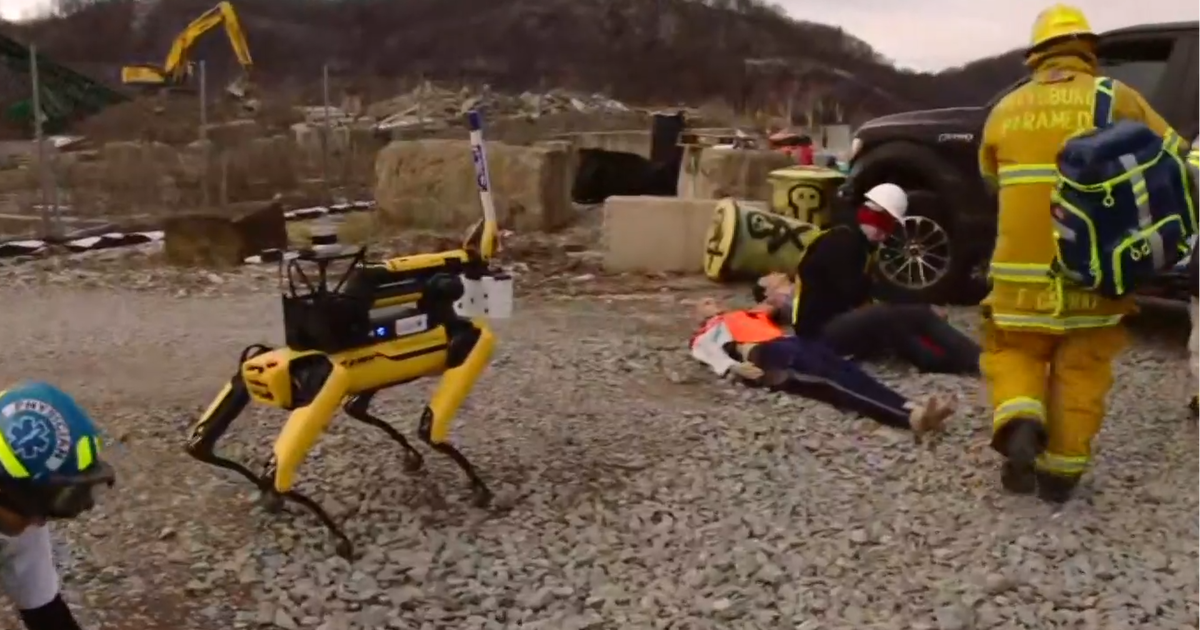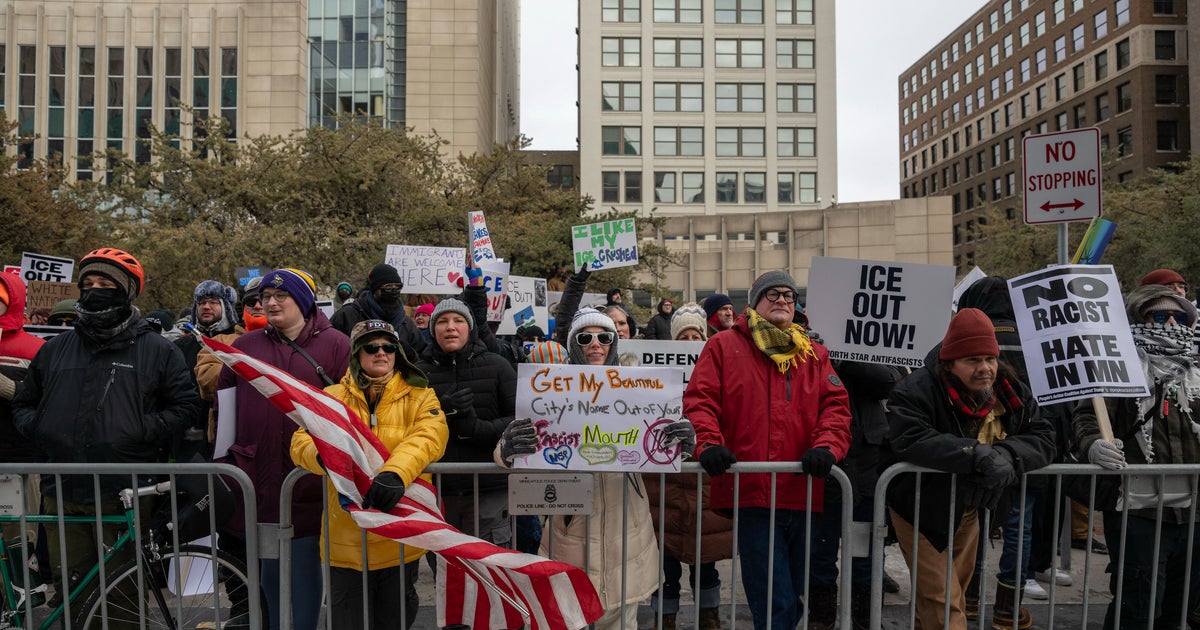Secretary of Defense Mark Esper on the U.S. military's fight against coronavirus
The United States military is part of the fight against the coronavirus and at the same time, is fighting an outbreak aboard one of its deployed aircraft carriers. More than 70 sailors aboard the ship, which is currently docked in Guam, have tested positive for coronavirus. The captain has sent an urgent letter to the U.S. Navy asking for assistance.
Secretary of Defense Mark Esper spoke with "CBS Evening News" host Norah O'Donnell to discuss the situation aboard the USS Roosevelt and the U.S. military's response to the coronavirus pandemic.
Norah O'Donnell: Let's get to that urgent situation aboard the USS Theodore Roosevelt, as the captain is pleading for help, is it time to evacuate that ship?
I don't think we're at that point, Norah. we are moving a lot of supplies and assistance, medical assistance, out to the carrier in Guam. We are providing additional medical personnel as they need it. I am pleased to report that none of them are seriously ill. At this point in time, we are trying to make sure that we contain the virus, that we deploy testing kits, and we get a good assessment of how much of the crew is infected. And then, of course, taking other measures to ensure that we can get the carrier up and ready again to continue its mission.
I mean this letter from the commander of the aircraft carrier was pretty stunning. He said, "sailors do not need to die." And he recommended removing a majority of the personnel, is that under consideration?
Well nobody, of course, needs to die, at this point in time, we are not at war. Priority number one is taking care of our service members and their families
Are you concerned about military readiness, now that two aircraft carriers, the Roosevelt, and the USS Ronald Reagan have cases of COVID-19?
I am not. We have more than two carriers in the inventory. We have a great alliance network of allies and partners who work alongside us to keep threats at bay.
I did read this request for assistance from the commander carefully. And while he said the Roosevelt could be ready to fight, the captain, since they would fight sick, and there would be losses to the virus. How do you weigh that?
Well, I have not had a chance to read that letter, read in detail. I'm going to rely on the Navy chain of command to go out there to assess the situation and to make sure they provide the captain and the crew all the support they need to get the sailors healthy and get the ship back at sea.
On the National Guard, they're doing so much, but do you envision that the National Guard could be used to enforce stay at home orders?
Well that's, that would be an option for the governors. Again, the guard is active in all 50 states and territories. I'm very proud of what our guardsmen are doing, but we have a whole lot more capacity out there in the guard right now to do more.
You served an army as a war planner. How is planning for a pandemic the same as for war or how is it different?
You know, we typically think of National Guard dealing with a hurricane in a state or a series of tornadoes, and this case right now, we have 54 hurricanes out there. And every single state and territory, and we know they're going to grow in size and in their power.
Do you see any evidence that our traditional adversaries, foreign adversaries are trying to take advantage of that?
I don't, Norah, not at this time.
What we find, tend to find right now, but a lot of countries have turned inward and are focusing inward. So that doesn't mean we should be less vigilant. If anything, we're calling upon our armed forces deployed abroad, and in those numbers well over 100,000 and 150 countries, to make sure they remain vigilant and safeguard the country while we ourselves are turned inward right now to deal with this pandemic.





